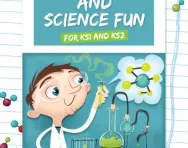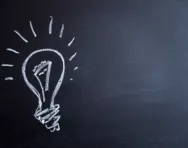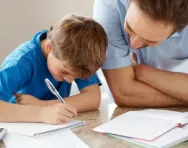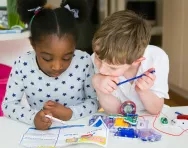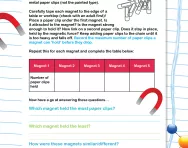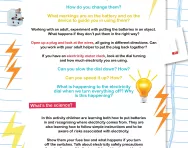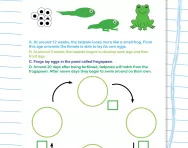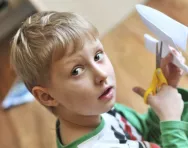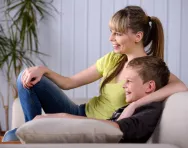TheSchoolRun.com closure date
As we informed you a few months ago, TheSchoolRun has had to make the difficult decision to close due to financial pressures and the company has now ceased trading. We had hoped to keep our content available through a partnership with another educational provider, but this provider has since withdrawn from the agreement.
As a result, we now have to permanently close TheSchoolRun.com. However, to give subscribers time to download any content they’d like to keep, we will keep the website open until 31st July 2025. After this date, the site will be taken down and there will be no further access to any resources. We strongly encourage you to download and save any resources you think you may want to use in the future.
In particular, we suggest downloading:
- Learning packs
- All the worksheets from the 11+ programme, if you are following this with your child
- Complete Learning Journey programmes (the packs below include all 40 worksheets for each programme)
You should already have received 16 primary school eBooks (worth £108.84) to download and keep. If you haven’t received these, please contact us at [email protected] before 31st July 2025, and we will send them to you.
We are very sorry that there is no way to continue offering access to resources and sincerely apologise for the inconvenience caused.
Simple experiments for KS2 scientists
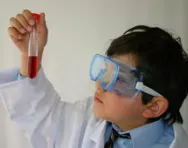
Science at Key Stage 2 offers children the opportunity to develop their knowledge and understanding of scientific processes and consider the skills and concepts behind them. They learn to share ideas and consider ways in which their theories can be tested.
Experimental and investigative science
Your child will develop investigative skills and be taught that it is important to test ideas using evidence from observation and measurement. They are encouraged to think about what might happen when test conditions are altered, and about the type of evidence, equipment and materials to use in experiments.
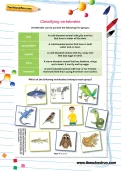

Download fantastic science resources today!
- Experiments And Science Fun pack
- Science Learning Programme for each school year
- All the instructions, questions and information you need
Life and living processes
Children learn about life processes common to humans, animals and plants (such as nutrition, movement, growth and reproduction); about the role of the skeleton and muscles to support and protect us and help us to move; that the heart acts as a pump to circulate the blood around the body.
They will also discover microorganisms, learning that these are tiny living organisms that can be beneficial (for example, in the breakdown of waste) or harmful (for example, in causing disease or food to go mouldy).
Materials
Your child will be grouping and classifying materials, exploring their everyday uses and the effects of processes (such as heating, dissolving, melting, freezing, and evaporating). They will also discover how to separate solid particles by sieving.
Physical processes
In this strand of science, your child will be constructing circuits and understanding how they work. They will also explore attraction and repulsion between magnets and magnetic materials, and gravity.
Light and sound will be investigated. Your child will learn that light cannot pass through some materials and that sounds are really vibrations that require a medium (for example, metal, wood, glass, air) through which to travel to the ear.
Finally, children will learn about the sun, earth and moon - how day and night are related to the spin of the earth, that the earth orbits the sun once each year, and that the moon takes approximately 28 days to orbit the earth.
Help your child at home
- Look up information about the different food types required for a balanced diet. Why are they needed? Plan a balanced meal together.
- Look at books together on the life cycle stages and talk about them.
- Plant mustard seeds in soil and place them in different environments - dark, light, wet and dry. After a determined period, look at them and note the differences. Draw the differences or take photographs and get books to find out some information about what causes these variations.
- Show your child how to change a plug.
- Try simple experiments with your child. Make observations such as, “When I put a seed in a wet environment it grows” or “If I place a round object on a flat surface it rolls”, or ask questions such as, “What happens if I put sugar in a full cup of water at room temperature?” “What will happen if I continue to add sugar?”
- Make them aware of the contributions of different nations to science.
